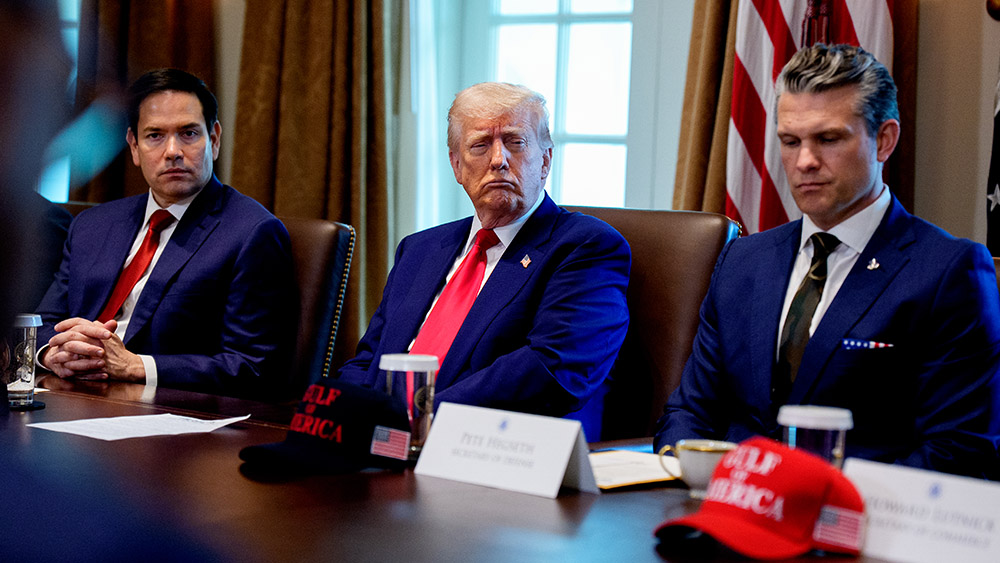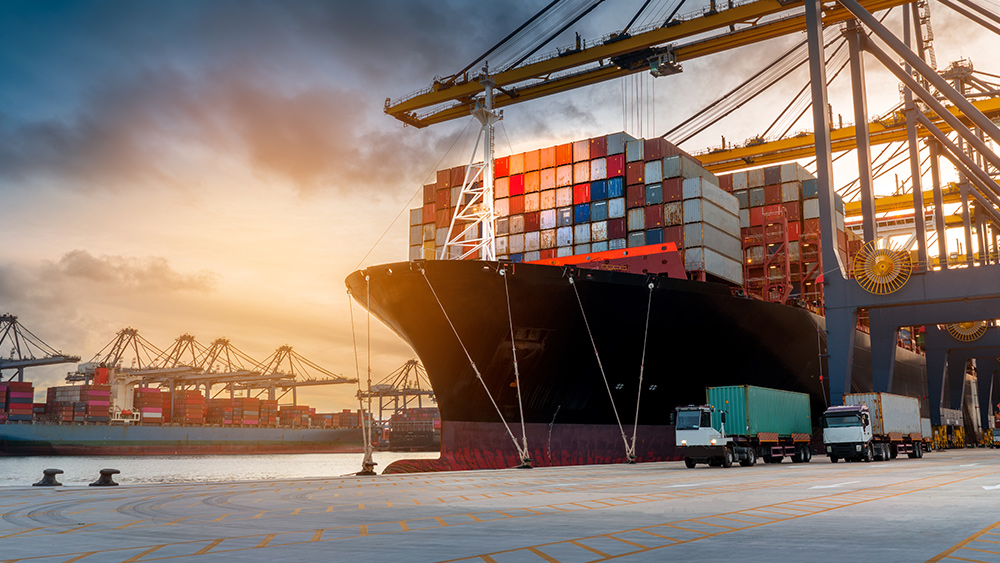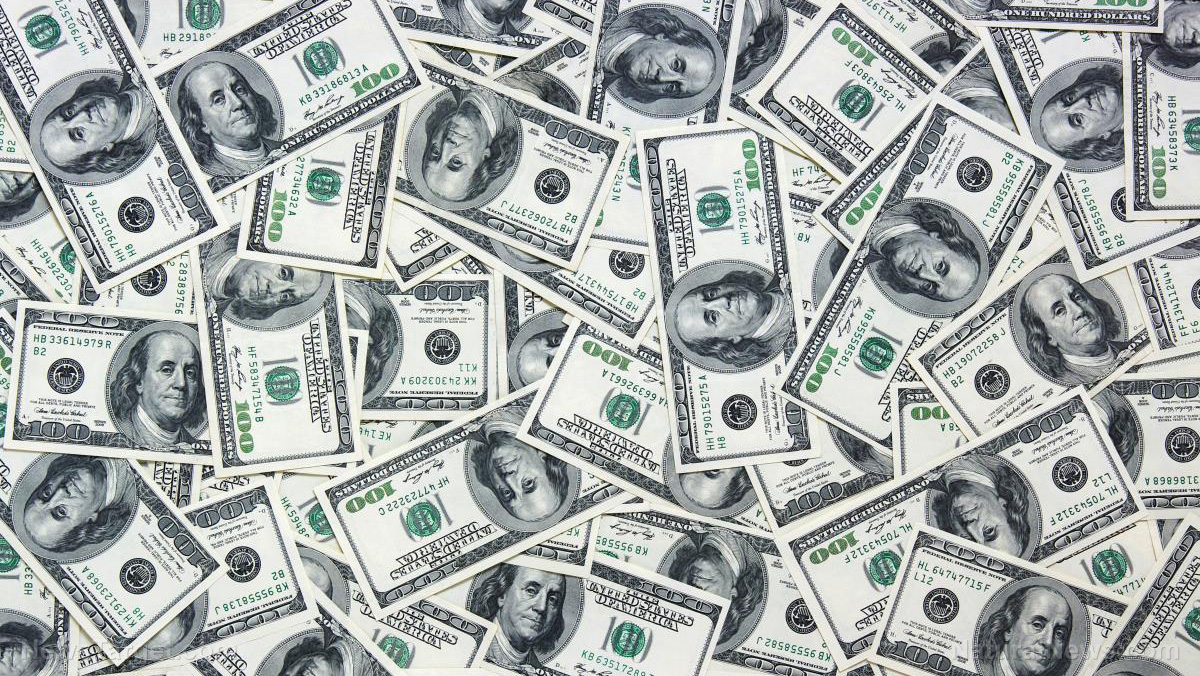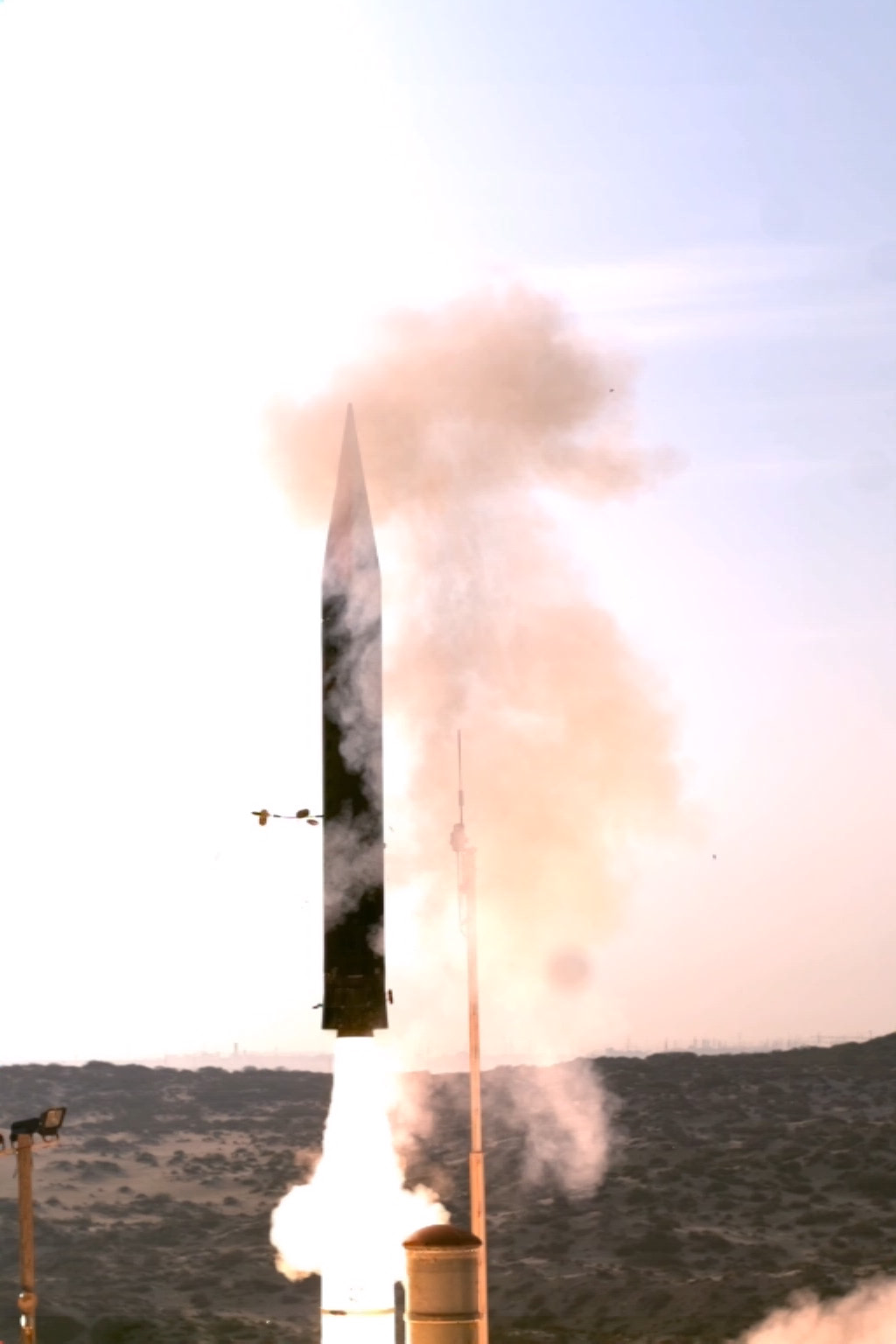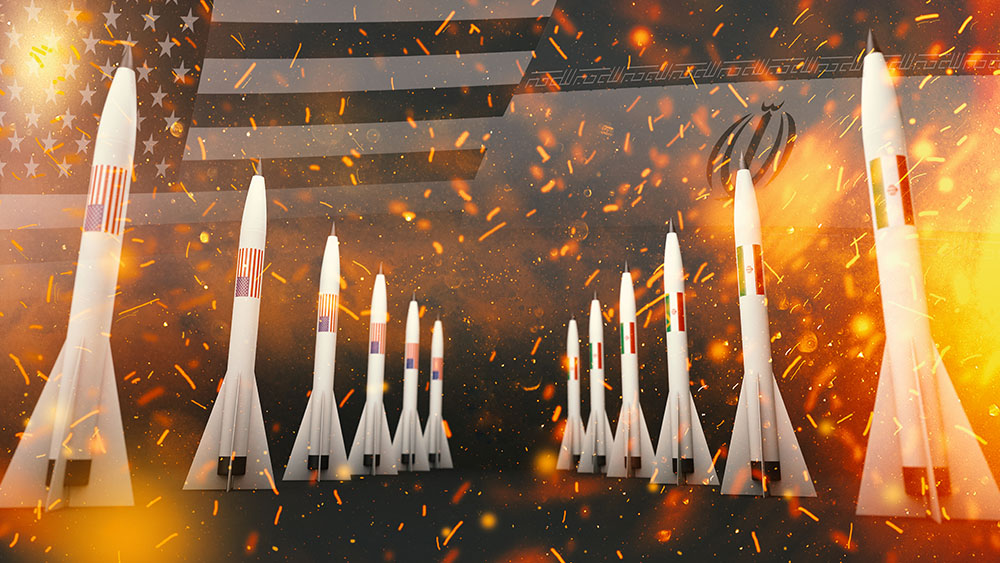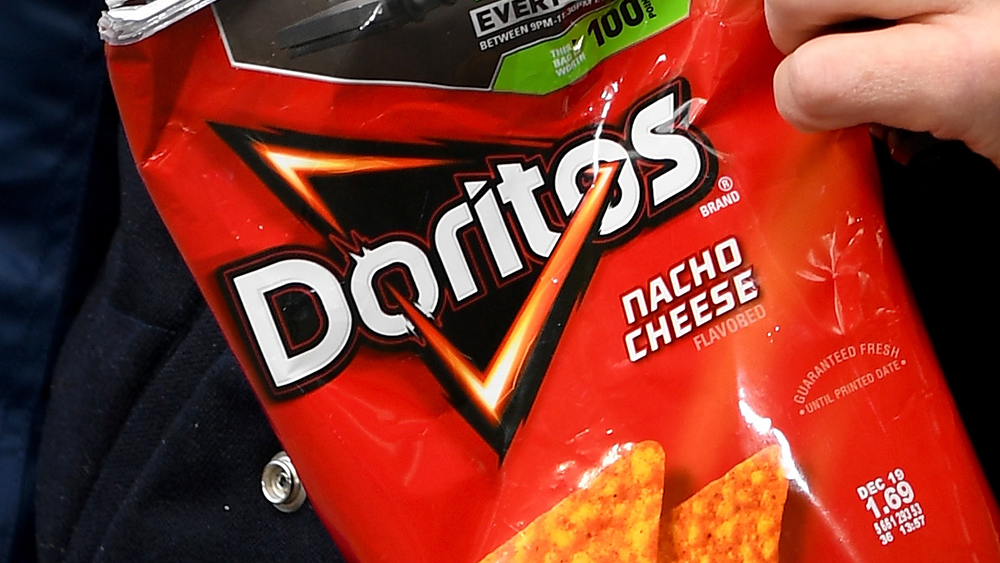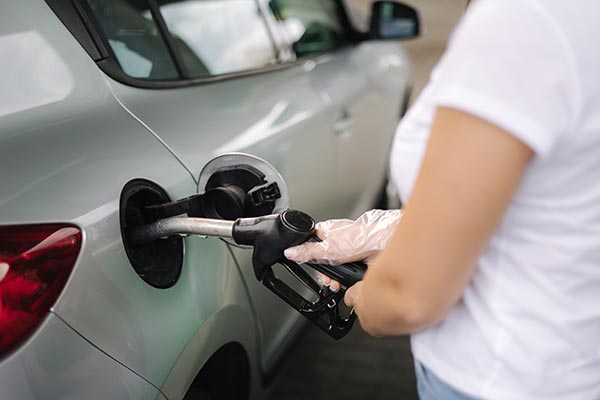China’s auto industry teeters on the brink as subsidies vanish in six major cities
06/22/2025 / By Laura Harris

- Six major Chinese cities have abruptly halted key car-buying subsidies due to exhausted funds, threatening to stall vehicle sales and highlighting the limits of Beijing’s stimulus-driven growth strategy.
- Over four million applications for car subsidies helped lift retail sales in May by 6.4 percent, but the momentum may collapse without new government support, which has yet to be confirmed.
- More than one-third of publicly listed Chinese automakers ended 2024 with more short-term liabilities than assets, raising serious concerns about cash flow and financial stability.
- BYD, the EV market leader, reported a working capital shortfall of Rmb125.4 billion ($17.4 billion), while Geely, Nio, Seres, BAIC and JAC collectively faced a Rmb17.8 billion ($2.5 billion) deficit.
- In response, the government summoned 16 major automakers to warn against predatory pricing and late payments, with analysts predicting an industry-wide “elimination phase” by 2026 if liquidity risks persist.
China’s once-thriving auto industry is careening toward a full-blown crisis, as six major cities across the country have suspended crucial government subsidies meant to prop up vehicle sales.
The Chinese government has leaned heavily on subsidies for big-ticket items, particularly electric vehicles (EVs), as a way to boost consumer spending in an economy still hampered by weak wage growth, high youth unemployment and sluggish confidence. (Related: Trump eases auto tariffs to boost domestic manufacturing as trade war strains industry.)
By the end of May, more than four million applications had been filed for car-specific subsidies in 2025. Retail sales data for the same month showed a surprising 6.4 percent year-on-year increase, a figure economists largely attribute to this flood of stimulus money.
But with the abrupt halt of trade-in subsidy programs in Zhengzhou, Luoyang, Shenyang, Chongqing and the Xinjiang region now drying up, the outlook is grim. Local governments cited exhausted funding allocations and vague “capital efficiency adjustments” as the reason for the freeze.
Despite assurances from the National Development and Reform Commission and the Ministry of Finance that subsidy programs will continue through the year, there has been no clear timeline for when, or if, additional funding will be allocated. Many observers expect the next round of support may not arrive until July, if at all.
This halt is the clearest sign yet that the central government’s stimulus funds, designed to mask deeper economic vulnerabilities, are running dry.
China’s auto price war sparks liquidity crisis as BYD, rivals face mounting deficits
The suspension comes just weeks after a historic price war broke out in China’s EV sector, pushing some of the country’s largest carmakers to the brink of a liquidity crisis.
More than one-third of China’s publicly listed automakers ended 2024 with current liabilities exceeding current assets – a warning sign of weakening balance sheets as companies slash prices to maintain market share in the world’s largest auto market.
The pressure is most acute at EV titan BYD, which saw its working capital deficit widen to Rmb125.4 billion ($17.4 billion) by year-end, a 36 percent increase over two years. Smaller rivals Geely, Nio, Seres, BAIC and JAC also reported significant shortfalls, collectively facing a deficit of Rmb17.8 billion ($2.5 billion).
The 16 largest listed carmakers in China saw their total net current assets plummet from a Rmb290.5 billion ($40.41 billion) peak in 2021 to just Rmb104.3 billion ($14.51 billion) by the close of 2024 – a staggering 62 percent decline.
“Given the current downward trend, China’s auto industry is expected to enter an industry-wide elimination phase…?in 2026 at the latest,” warned Yin Xinchi, a car industry analyst at Citic Securities. “During the process, some companies will die of liquidity crises.”
Alarmed by the deteriorating financial health of key players and rising tensions in the supply chain, Beijing intervened last week. In a closed-door meeting with 16 major automakers, including BYD, Geely, GAC, FAW and newcomer Xiaomi, government officials issued stern warnings over predatory pricing, delayed supplier payments and unsustainable growth models.
Companies were urged to adopt 60-day bill settlement cycles to stabilize their supply chains – a move many smaller carmakers may struggle to implement. Analysts at Citi warned that only a handful of companies, including BYD, Li Auto, Xpeng, Leapmotor and Changan, have sufficient cash reserves to sustain operations if required to accelerate payments.
Follow CommunistChina.news for more stories like this.
Watch as former Chrysler CEO Bob Nardelli lauds the Trump administration’s move to exempt car parts from heavy tariffs in this Fox Business report.
This video is from the TrendingNews channel on Brighteon.com.
More related stories:
Trump vows to implement new tax incentives that would boost U.S. auto-manufacturing industry.
Trump grants one-month tariff exemption for auto imports from Mexico, Canada amid industry concerns.
Sources include:
Submit a correction >>
Tagged Under:
auto industry, big government, chaos, China, Collapse, debt bomb, debt collapse, economy, EV, flying cars, market crash, money supply, national security, price wars, risk, robocars, subsidies, supply chain
This article may contain statements that reflect the opinion of the author
Get independent news alerts on natural cures, food lab tests, cannabis medicine, science, robotics, drones, privacy and more from NewsTarget.com
Get independent news alerts on natural cures, food lab tests, cannabis medicine, science, robotics, drones, privacy and more from NewsTarget.com
RECENT NEWS & ARTICLES
COPYRIGHT © 2017 DEBT COLLAPSE NEWS



